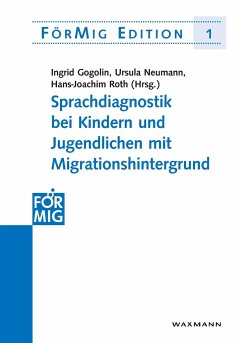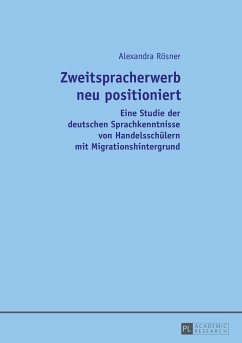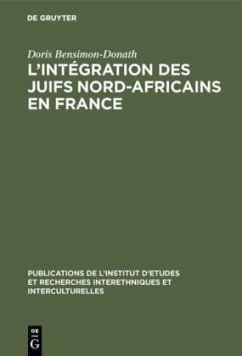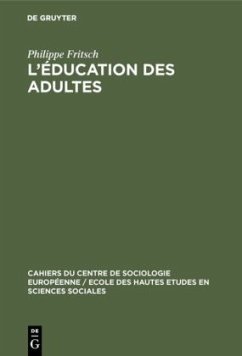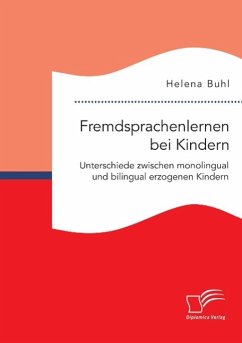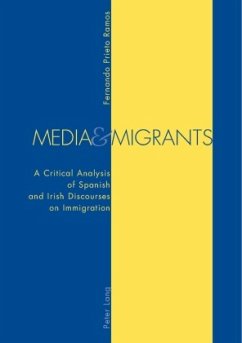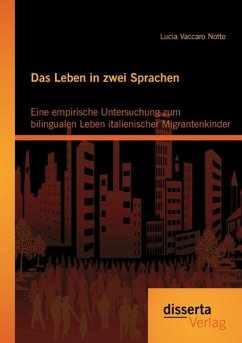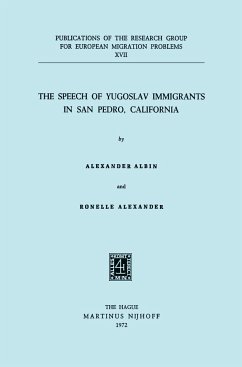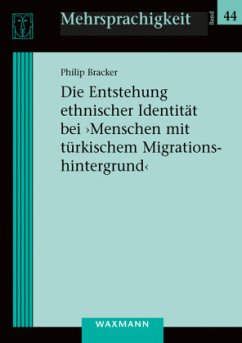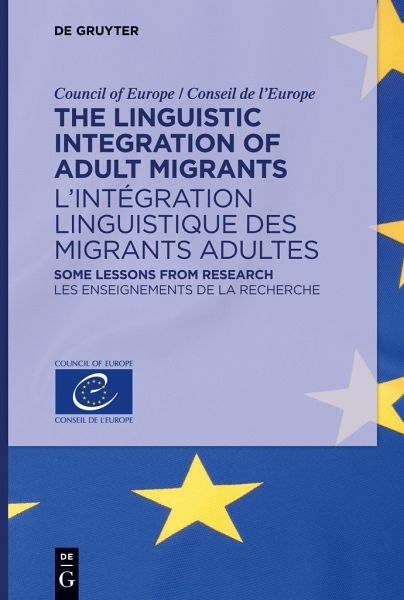
The Linguistic Integration of Adult Migrants / L'intégration linguistique des migrants adultes
Some lessons from research / Les enseignements de la recherche
Herausgegeben: Beacco, Jean-Claude; Krumm, Hans-Jürgen; Little, David; Thalgott, Philia;Mitarbeit: Council of Europe / Conseil de l'Europe
Versandkostenfrei!
Versandfertig in 1-2 Wochen
36,99 €
inkl. MwSt.

PAYBACK Punkte
18 °P sammeln!
This volume provides a comprehensive report on a symposium organised by the Council of Europe (Strasbourg) in 2016 in the context of its human rights agenda. Its purpose was to explore some of the ways in which scientific evidence can inform the development and implementation of policy and practice designed to support the linguistic integration of adult migrants.La présente publication rend compte d'un symposium organisé en 2016 par le Conseil de l'Europe, à Strasbourg, dans le cadre de ses programmes sur les droits de l'homme. L'objectif de ce symposium était d'explorer comment les apport...
This volume provides a comprehensive report on a symposium organised by the Council of Europe (Strasbourg) in 2016 in the context of its human rights agenda. Its purpose was to explore some of the ways in which scientific evidence can inform the development and implementation of policy and practice designed to support the linguistic integration of adult migrants.
La présente publication rend compte d'un symposium organisé en 2016 par le Conseil de l'Europe, à Strasbourg, dans le cadre de ses programmes sur les droits de l'homme. L'objectif de ce symposium était d'explorer comment les apports de la recherche scientifique peuvent orienter l'élaboration et la mise en oeuvre de politiques et de pratiques destinées à favoriser l'intégration linguistique des migrants adultes.
La présente publication rend compte d'un symposium organisé en 2016 par le Conseil de l'Europe, à Strasbourg, dans le cadre de ses programmes sur les droits de l'homme. L'objectif de ce symposium était d'explorer comment les apports de la recherche scientifique peuvent orienter l'élaboration et la mise en oeuvre de politiques et de pratiques destinées à favoriser l'intégration linguistique des migrants adultes.





